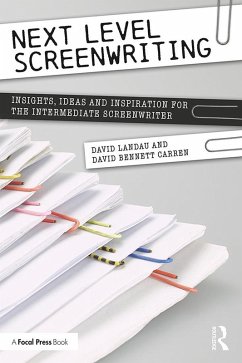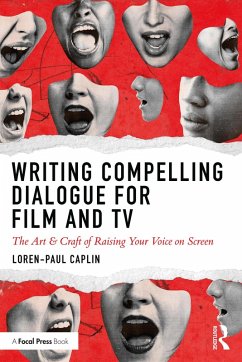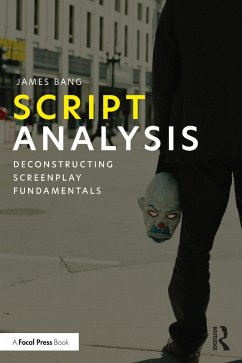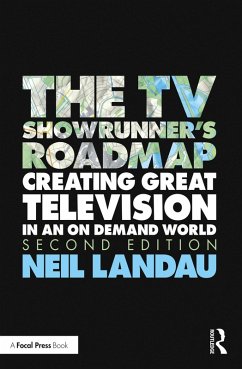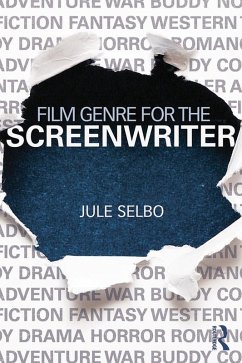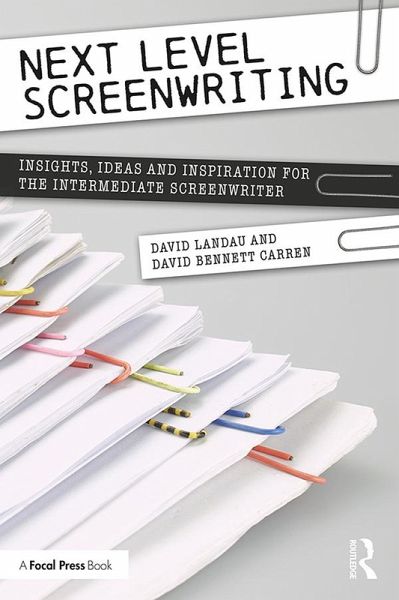
Next Level Screenwriting (eBook, PDF)
Insights, Ideas and Inspiration for the Intermediate Screenwriter
Versandkostenfrei!
Sofort per Download lieferbar
31,95 €
inkl. MwSt.
Weitere Ausgaben:

PAYBACK Punkte
16 °P sammeln!
Next Level Screenwriting is an intermediate screenwriting book, for those that have already learned the basics of screenwriting, written a screenplay or two and want to bring their writing and stories to the next level.Each chapter of the book examines a specific aspect of screenwriting, such as character, dialogue and theme, and then provides the reader with ideas, tips and inspiration to apply to their own writing. Rather than being another "how to" book, this volume features a variety of case studies and challenging exercises throughout - derived from a broad selection of successful feature...
Next Level Screenwriting is an intermediate screenwriting book, for those that have already learned the basics of screenwriting, written a screenplay or two and want to bring their writing and stories to the next level.
Each chapter of the book examines a specific aspect of screenwriting, such as character, dialogue and theme, and then provides the reader with ideas, tips and inspiration to apply to their own writing. Rather than being another "how to" book, this volume features a variety of case studies and challenging exercises throughout - derived from a broad selection of successful feature films and TV shows from the 1940s to the present day - to help spark the imagination of the writer as they work through different styles and approaches of screenwriting.
An absolute must-read for any screenwriter wanting to improve their writing and storytelling skills.
Each chapter of the book examines a specific aspect of screenwriting, such as character, dialogue and theme, and then provides the reader with ideas, tips and inspiration to apply to their own writing. Rather than being another "how to" book, this volume features a variety of case studies and challenging exercises throughout - derived from a broad selection of successful feature films and TV shows from the 1940s to the present day - to help spark the imagination of the writer as they work through different styles and approaches of screenwriting.
An absolute must-read for any screenwriter wanting to improve their writing and storytelling skills.
Dieser Download kann aus rechtlichen Gründen nur mit Rechnungsadresse in A, B, BG, CY, CZ, D, DK, EW, E, FIN, F, GR, HR, H, IRL, I, LT, L, LR, M, NL, PL, P, R, S, SLO, SK ausgeliefert werden.




